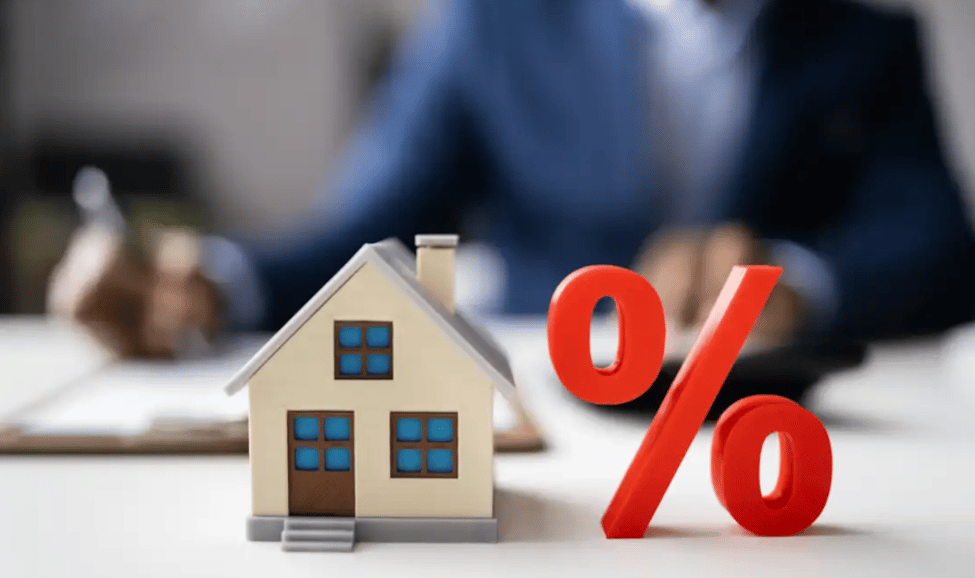By the end of 2026, over half of Canadian mortgages will need to be renewed. With the Bank of Canada lowering its key interest rate from 5.0% to 4.75% on June 5th, homeowners are considering whether to choose a fixed or variable rate mortgage upon renewal. Understanding your options and anticipating changes is crucial to navigating today’s mortgage landscape effectively.
Impact on Homeowners
A significant number of homeowners will need to renegotiate their mortgages within the next three years. Those with variable-rate mortgages or loans taken out in 2021 during historically low rates will feel the impact of the current adjustments. Here are key considerations to help you make an informed decision for your upcoming mortgage renewal.
Current Mortgage Rates
During the pandemic, variable rates were lower, but this trend has reversed. The average five-year variable rate is now around 6.7%, while fixed rates are typically 5.6%. Variable rates depend on economic factors like the Bank of Canada’s overnight lending rate. Although the Bank recently cut its key rate, future increases are possible if inflation rises. Economists expect further rate cuts by the end of 2024, continuing into 2025 unless economic conditions change significantly. However, the historically low rates of the past two decades are unlikely to return.
Variable Rate Considerations
Variable-rate mortgages fluctuate with the prime rate, influenced by the Bank of Canada’s rate. When the prime rate rises, so do mortgage payments. Some variable-rate loans offer fixed payments, which adjust the amortization period instead of the monthly payment. This means a smaller portion of each payment goes toward the principal.
Understanding Your Needs
Choosing between a fixed and variable rate depends on your risk tolerance and personal situation. Variable rates can fluctuate, so consider if your lifestyle can handle these changes. Economic factors influencing rates can vary during your mortgage term. Your choice should align with your short- and medium-term plans. If you’re in a period of transition, a fixed-rate mortgage may offer stability.
Strategic Mortgage Options
Fixed-Rate Mortgage with a Shorter Term:
In uncertain economic times, many borrowers prefer fixed-rate mortgages with shorter terms (one to three years). This allows for predictable monthly payments without committing to a long-term rate.
Hybrid-Rate Mortgage:
This combines fixed and variable rates—part of the mortgage has a fixed rate, and part has a variable rate, offering benefits from both types.
Convertible Mortgage:
This loan type allows you to convert from a variable to a fixed-rate mortgage (or vice versa) before maturity, adapting your mortgage strategy to market conditions.
Consult a Professional
Given the high real estate prices due to sustained demand, choosing the right mortgage product is crucial. Consulting a mortgage broker can help you explore the best scenarios for your situation. Anticipating interest rate changes and adjusting your financial strategy accordingly can significantly impact your long-term mortgage management.

